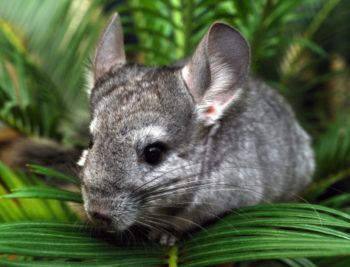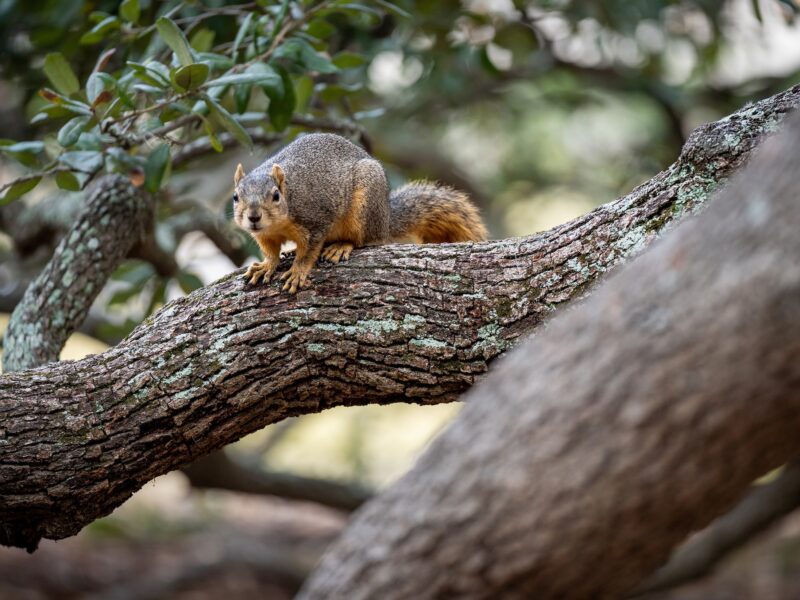Chinchillas: Very Furry Rodents That Can Make Great Pets, Expert Says

Its distant cousin is a rat, but this is one rodent that many pet owners would take home in a heartbeat.
Chinchillas are low-maintenance, soft and playfully curious pets. They have traditionally been valued for their dense fur, which grows at 60 hairs per follicle, and chinchilla enthusiasts will tell you that with the right care these round little rodents make great pets.
“A chinchilla’s personality can be compared to a rabbit or guinea pig,” says Dr. James Johnson, professor emeritus at Texas A&M University’s College of Veterinary Medicine & Biomedical Sciences.
“They are not very socialized to people, but are not inclined to bite, either. If a chinchilla feels threatened while being handled, it will employ a defense mechanism called ‘hairslip’ where the chinchilla will actually shed a clump of fur in an effort to escape. For the best physical and emotional health, chinchillas should not be handled by children or allowed to interact with other household pets.”
Chinchillas do not require the vaccines that cats and dogs do. “Although chinchillas have some unique requirements, most visits to the veterinarian are prompted by problems related to being bred and kept in captivity,” said Johnson.
As with all rodents, chinchillas have sharp teeth that grow continually. If the teeth are misaligned, this continued growth may eventually cause the chinchilla pain, making it difficult to eat and causing malnutrition. If this happens, a veterinarian will be able to grind the teeth down to their appropriate size.
Chinchillas also need a dust bath to prevent their fur from matting and to prevent skin disease, Johnson adds. Skin diseases in chinchillas, if left untreated, may eventually cause health problems. Johnson suggests keeping a pan of sand or potter’s earth available to your chinchilla at all times. Chinchilla dust bath material is also available commercially.
As natives of altitudes of 10,000 to 20,000 feet, chinchillas should be housed where temperatures can be kept cool with low humidity. In Texas, this means always keeping your chinchilla in the air-conditioned indoors. And since chinchillas love to climb, Johnson also recommends providing a tall, wire cage with several tiers and plenty of room for the chinchilla to jump and climb.
“Chinchillas are primarily legume and grass eaters, although they may accept some seed or Timothy hay,” said Johnson.
“There are pellet foods available commercially as well. Be sure to provide plenty of fresh water and clean the cage two or three times a week. Do not use scented cleaners such as pine or cedar shavings that can cause respiratory problems for chinchillas.”
Johnson says chinchillas can be interesting and enjoyable pets, but it’s best to acquire your chinchillas while they are young, and preferably in pairs, so that they can be adequately socialized, he believes.
“You should always buy from a reputable breeder, making sure the animal has good muscle mass, a healthy-looking coat and does not have loose droppings (a sign of diarrhea),” Johnson adds. “By taking these steps, it will help ensure your pet chinchilla will be a happy and healthy addition to your household.”





